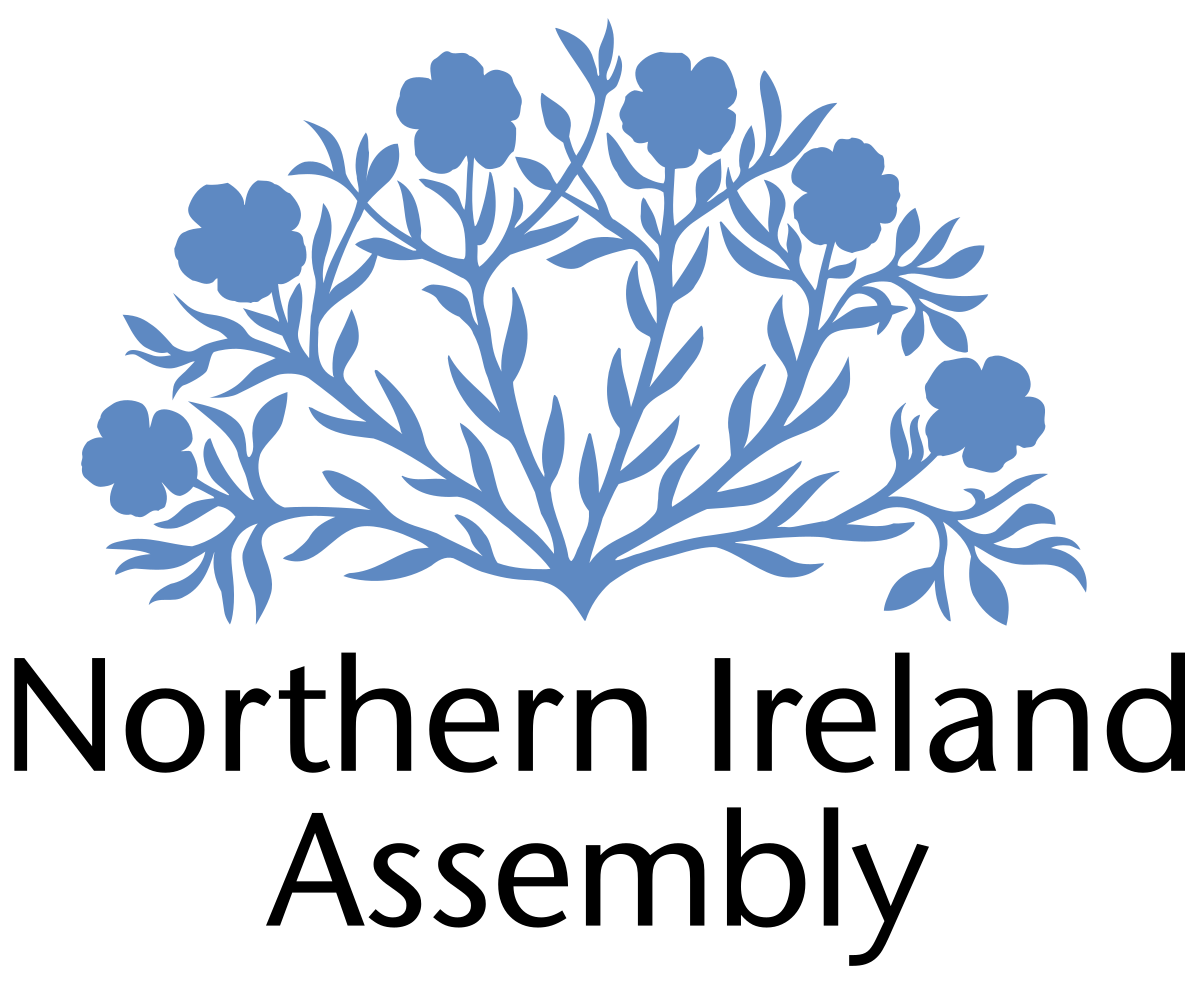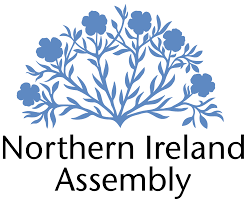Call for evidence and views on the Charities Bill
Overview
The Committee welcomes the Charities Bill, is keen to see this legislation progressed and welcomes your views.
Many of the wider issues around charity regulation are being considered by the Independent Review and are not part of this Bill.
The Committee respectfully requests that responses are focused on the Clauses of the Bill as far as possible.
This Bill is one part of the way forward in dealing with the impacts arising from the McBride Judgement of 2019 and subsequent Court of Appeal Judgement. The latter dismissed an Appeal by the Charity Commission against the McBride Judgment - thus rendering over 7000 decisions, orders and directions made by Charity Commission staff unlawful.
Also ongoing is the ‘Independent Review of Charity Regulation in Northern Ireland’ (opens in new window).
Why your views matter
Aims of the Bill
This Bill proposes an amendment to the Charities Act (NI) 2008 with retrospective effect to render lawful the previous decisions made by Commission staff. It also includes fresh appeal rights for those orders made lawful and will also “carve out” other decisions to remain unlawful to allow them to proceed to their natural conclusion, by way of the courts, if necessary.
A further aim of the Bill is to ensure that going forward it is clear what decisions Charity Commission staff are empowered to make by introducing a limited power for the future delegation of decision-making powers to staff.
The Bill also proposes a power to introduce a registration threshold via subordinate legislation, which would exempt any charity falling below that threshold from registering with the Charity Commission and being subject to the Charities (Accounts and Reports) Regulations (Northern Ireland) 2015.
Further Information
The Charities Act (Northern Ireland) 2008 introduced a regulatory framework and created the Charity Commission as the statutory regulator. Two early statutory inquiries led to the disqualification and ultimate removal of two charity trustees. Both parties brought challenges to the Charity Tribunal and ultimately to the High Court, where the former Attorney General intervened on the basis of his interpretation of the law - that the orders made by Commission staff were unlawful.
This led to the McBride Judgment of 2019 which found that the 2008 Act, taken together with section 19 of the Interpretation Act (Northern Ireland) 1954, did not provide express or implied power for the Commission to delegate its functions to staff acting alone.
The judgement further found that all decisions could only be taken by the Board acting collectively or by a Committee established by the Board in accordance with Schedule 1 of the Act.
In February 2020 the Court of Appeal then dismissed an Appeal by the Commission against the McBride Judgment, thus rendering all orders and decisions made by staff unlawful, including the Charity Register. All decisions, except the opening of statutory inquiries, were taken by staff as both the Commission and the Department believed that it was lawful for them to do so, as is the case in other jurisdictions.
These impacts of the McBride Judgement and subsequent Court of Appeal Judgement are threefold:
One - the need to deal with past decisions taken by staff, which were deemed unlawful and to mitigate the potential harm to the affected charities;
Two - the need to look at how the Charity Commission discharges its decision-making functions in the future; and
Three - the wider regulatory framework and the role of the Charity Commission within it, including its relationship with stakeholders.
The overarching objective is to deal with the issues raised by the Judgments in a way that protects charities, protects rights and restores the pillars of the regulatory framework for charities.
What happens next
Following the closure of this call for evidence and views the Committee will commence oral evidence sessions and will consider all written and oral evidence before moving to deliberate on the Clauses of the Bill.


Share
Share on Twitter Share on Facebook